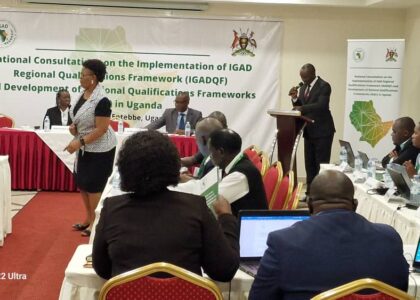Legal proceedings often involve complex terminology and sensitive issues, making clear communication essential for fair outcomes. In a legal context, professional interpreters play a pivotal role in ensuring that all parties understand the proceedings, regardless of their native language. Whether it’s during depositions, court hearings, or negotiations, interpreters facilitate accurate communication between attorneys, clients, witnesses, and judges. Their expertise in legal jargon ensures that critical information is conveyed without distortion, which is vital for the integrity of the judicial process.
In addition to linguistic accuracy, legal interpreters must also navigate the cultural nuances that can impact communication in a legal setting. They must be aware of the cultural contexts and implications of certain phrases, gestures, or behaviors to prevent misunderstandings that could affect a case. Moreover, confidentiality is paramount in legal matters; professional interpreters adhere to strict ethical standards to protect sensitive information. By utilizing qualified interpreters, legal professionals can ensure that their clients receive equitable representation, thereby upholding the principles of justice and fairness.





